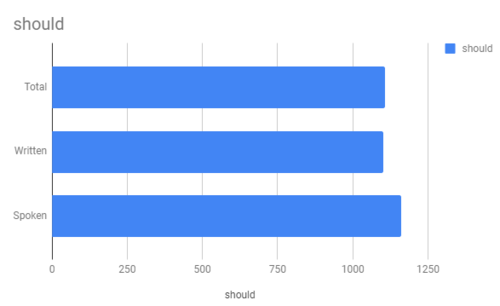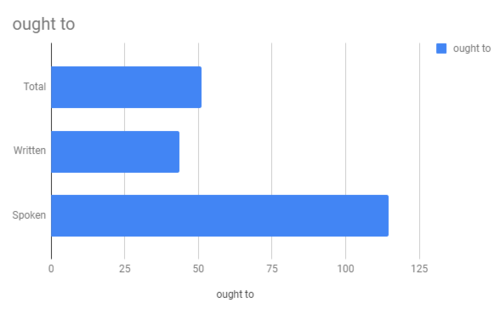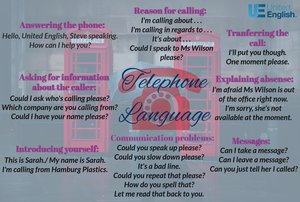When we’re giving advice in English, we use the verb should. Less strong and direct than must and have to (discussed in a recent blog post), should is used for suggestions, not for obligations.
While many of our students are already very comfortable using should, few are aware of two other verbs which can also be used for suggestions: ought to and had better. These two verbs are less common in English, but using them proficiently shows that a speaker is capable of higher level language use.
All of the examples that we will see are taken from the British National Corpus.
How to use should, ought to and had better
Affirmative sentences
As with should, had better and ought to are followed by the infinitive of another verb.:
- No new actor should expect more.
- You ought to have a day off yourself.
- We had better tell him nothing.
In the above examples we can see that the three verbs are more-or-less interchangeable.
Negative sentences
- You had better not believe it!
- You shouldn’t be on your own.
- I oughtn’t to be bothering you with all this at such a time.
- This ought not to be the case.
All of these verbs take the not directly – they do not need an auxiliary verb like don’t or doesn’t. We can also see that the not can be abbreviated in all cases, except for had better not (although ought not is far more common than oughtn’t).
Difference in meaning
Had better
If we say had better, we imply that there is some negative consequence to not performing the action. In this way it is not always interchangeable with should. Consider the following example:
- How should I make my payments?
In this example should is a requirement and has no negative consequences. In these cases, we can’t say had better. Look at the following real-life examples to appreciate the difference.
- I’ll call them tomorrow, mum. I’d better sleep. Nice to meet you, Jay.’
- We had better tell him nothing.
- ‘He’d better earn his £200,000, this new guy — sounds like we’re going to pay for it.’
Ought to
Ought to is much closer in meaning to should and can be used interchangeably if the action referred to is desired by the speaker. Consider the following examples:
- ‘Maybe you ought to wait outside, here.’
- You ought to have a day off yourself.
- There was no one there. She ought to have guessed.
When do we use them?
The graphs below show the distribution of these words between spoken and written language and also how their use has changed over time. What is clear is that should is much more common than the other two verbs and that its use is very similar in both written and spoken language. Ought to and had better are more commonly found in spoken English.
The line graph shows data from Google’s ngram viewer, which shows use of different words over time. We can see that ought to has been steadily declining in use over the last 200 years.









